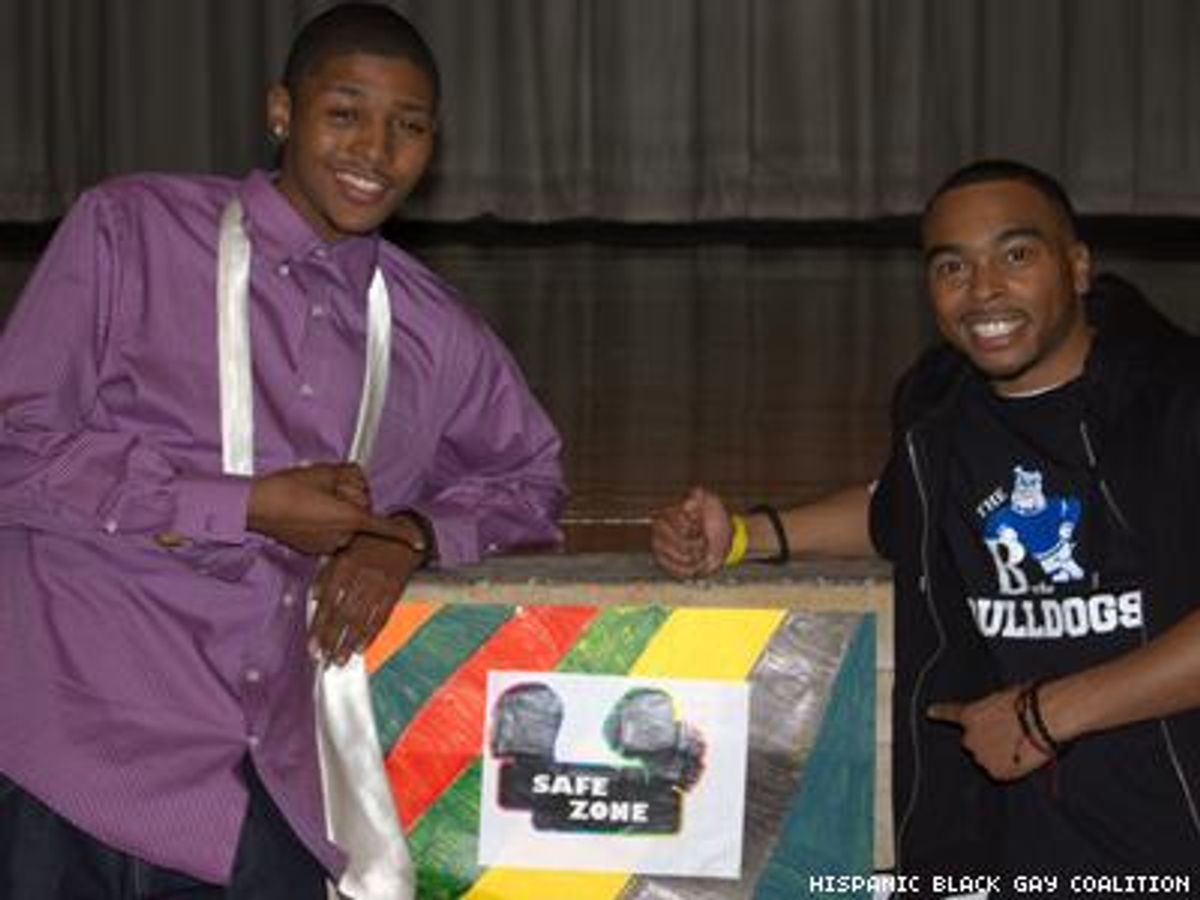All Rights reserved
By continuing to use our site, you agree to our Private Policy and Terms of Use.
At my previous high school, I met a fellow student who I eventually grew to be close friends with. All through my first two years of knowing him, he was a real macho "I want every girl" type of guy. Then one day we were chilling and joking around at his house with the rest of our friends.
He noticibly reacted to our jokes differently than he usually had. He giggled and used body language that had more emotional freedom and enthusiasm than he had ever expressed before. Our friends started teasing him, calling him "fag" and saying "That was so gay" and "OK, RuPaul!" He snapped back inside his macho shell with a look of disgust and offense on his face. He stayed silent for a while, then got up and walked to the bathroom. Our friends continued to tease him, saying "Aw, girl, you'll be OK!" but I told them to chill because I could tell by his reaction that this was no time to joke.
I followed him to the bathroom. and before I knocked on the door, I heard soft sniffling and angry mumbling. I opened the door and saw him staring into the mirror, with tears running down his face and hitting the sink. I assumed then that he secretly identified as gay but had never felt comfortable expressing himself.
Trending stories
When we went back to join our friends, he told us that he was gay, and we asked him questions to learn more about how he had been feeling, what he had experienced, and how we could be supportive.
The following school year, my friend dropped his macho shell, and I noticed him interacting with people more. He knew he didn't have to pretend to be something he's not, and everyone loves him just the same as we did before he told us he's gay. For taking a step like that, I give him much respect.
My friend's story is a good example of why schools need gay-straight alliances. GSAs help students become more comfortable with talking about and expressing who they are, especially when it comes to expressing their sexuality or gender.
Even though we're called the Gay-Straight Alliance, anyone can join, and our events are for the entire community to enjoy. The GSA helps to bring our school community together. We host talent and fashion shows and dances and balls to invite students, teachers, and administrators to relax, interact with each other, have fun, be productive, and avoid getting in trouble during our out-of-school time.
One of the most important parts of any community is acceptance, and that's what the GSA is all about. Our events show that whether you're gay, straight, bisexual, transgender, queer, or questioning, there is a space in our school where you can be yourself.
That's why I joined the Burke's GSA, to help my peers understand that they can express who they are and what they feel while at school, and that it will be accepted and respected. I hope my participation in the GSA will help me gain friends, knowledge, and responsibility and help students and teachers at the Burke know that there is a place at our school where we explore, appreciate and celebrate differences.
C. JACOBS is a student at Jeremiah E. Burke High School in Boston and president of the school's Gay-Straight Alliance. The Hispanic Black Gay Coalition is a Boston-based grassroots organization committed to improving the livelihood of LGBTQ people of color through activism, education, and counseling. HBGC is responsible for spearheading the establishment of the Burke High School GSA. Learn more at www.hbgc-boston.org.


















































































